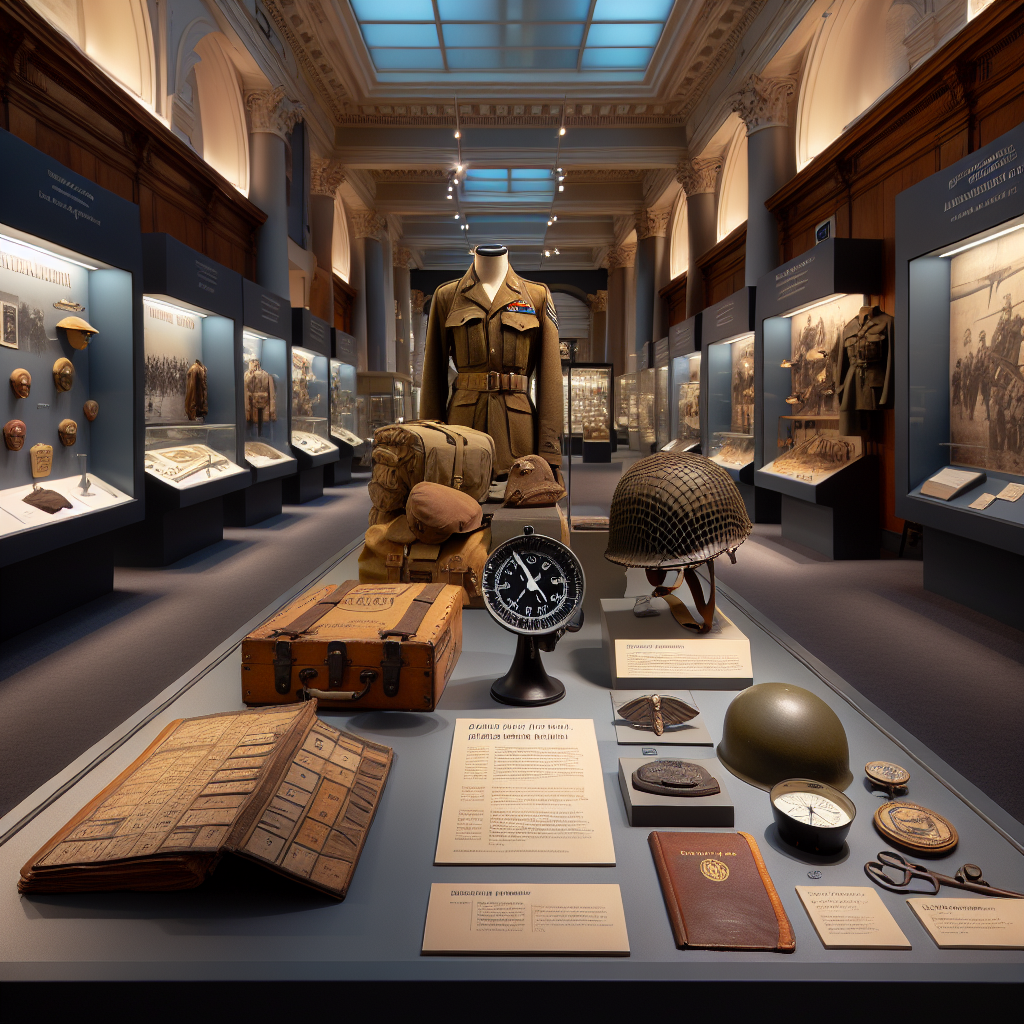An In-depth Look at the Devastating Impact of Conflict: Insights from World War II
World War II remains one of the darkest periods in human history, marked by an unprecedented scale of destruction and loss of life. The brutal massacres, strategic bombings, and the ruthless military tactics used during the war underline the catastrophic impact of global conflicts on humanity. Drawing insights from a detailed analysis of the historical events, this article explores the multifaceted aspects of warfare and human suffering during World War II, providing a deeper understanding of the atrocities committed and their lingering effects on the world.
The Massacres in Europe: An Overview
The Second World War was characterized by numerous massacres and acts of genocide, with the Polish population suffering immensely under both Nazi and Soviet occupations. The staggering figure of eight to nine million Polish deaths is not just a statistic but a grim reminder of the ruthlessness of war. Both Germans and Russians perpetrated mass killings, with motivations rooted deeply in territorial ambitions, racial ideologies, and a chilling disregard for human life.
The discourse often highlights the complex interplay of power dynamics in Europe during this period. The Soviets, moving into German-held territories, retaliated with their own version of retribution against the Germans, echoing earlier German atrocities against the Poles. This cyclical violence underscores the profound impacts of dehumanization and revenge in wartime settings.
Strategic Bombing of Civilian Targets
During the latter stages of the war, the Allied forces resorted to strategic bombing campaigns aimed at crippling enemy infrastructure and demoralizing civilian populations. The firebombing of Tokyo, as mentioned in the source, resulted in the death of 84,000 people in a single night, exemplifying the extreme measures taken to hasten the end of the war. Similarly, Dresden and Berlin in Germany saw massive aerial bombardments that devastated entire cities and left countless civilians dead or displaced.
The decision to employ such tactics raises critical ethical questions about the limits of warfare and the treatment of civilians. While military strategists might argue that these actions were necessary to break the enemy’s will, the sheer scale of civilian casualties paints a grim picture of the collateral damage inflicted during wars.
The Asian Theater: Atrocities and Endurance
The war in Asia, particularly the relentless Japanese aggression in China, introduced another dimension of brutality. Japan's incursions into China beginning in 1931 involved not only large-scale military operations but also numerous atrocities against Chinese civilians. The infamous Nanking Massacre is one such event that highlights the severe human rights abuses committed by the Japanese Army.
Moreover, the treatment of wounded Japanese soldiers by their own commanders—who ordered them to be executed rather than risk them being taken prisoner or returning home as disabled veterans—reveals the harsh realities faced by soldiers and the extreme measures taken by nations during wartime. This aspect of the war sheds light on the psychological and moral toll on the soldiers, forced to comply with such draconian orders.
The Moral Dilemmas and Psychological Impact
The strategic decisions and actions during World War II, whether on the European front or in Asia, bring to the forefront the complex moral and psychological challenges faced by those involved. Leaders were often placed in positions where they had to choose between bad and worse, making decisions that would lead to mass suffering regardless of the outcome.
This moral ambiguity during wartime raises significant questions about the nature of war itself and the enduring psychological scars it leaves on nations and individuals alike. The trauma experienced by survivors and the collective memory of the atrocities continue to influence global politics and international relations decades after the war has ended.
Reflecting on History to Inform Future Generations
The lessons from World War II are crucial in informing current and future generations about the horrors of war and the importance of peacekeeping and conflict resolution. Reflecting on the atrocities and the strategic decisions made during the war can help policymakers and individuals alike to better understand the profound costs of war and the value of diplomatic engagements over military confrontations.
In conclusion, World War II offers stark lessons in the extremes of human cruelty and the depths of suffering possible in wartime. By studying these events, we can hope to forge a future where such devastation is averted through collective action and a commitment to international peace and stability.
Related News
- Unveiling the Grim Reality: The Overlooked Tragedy of Civilian Casualties in World War II
- The Consequences of World War I: A Catalyst for Change
- The Atomic Paradox: A Tale of Destruction and Misconception
- The Strategic Decisions Behind the Atomic Bombings: Unveiling Hidden Motives
- The Complex Tapestry of War: Beyond Generals and Tactics
